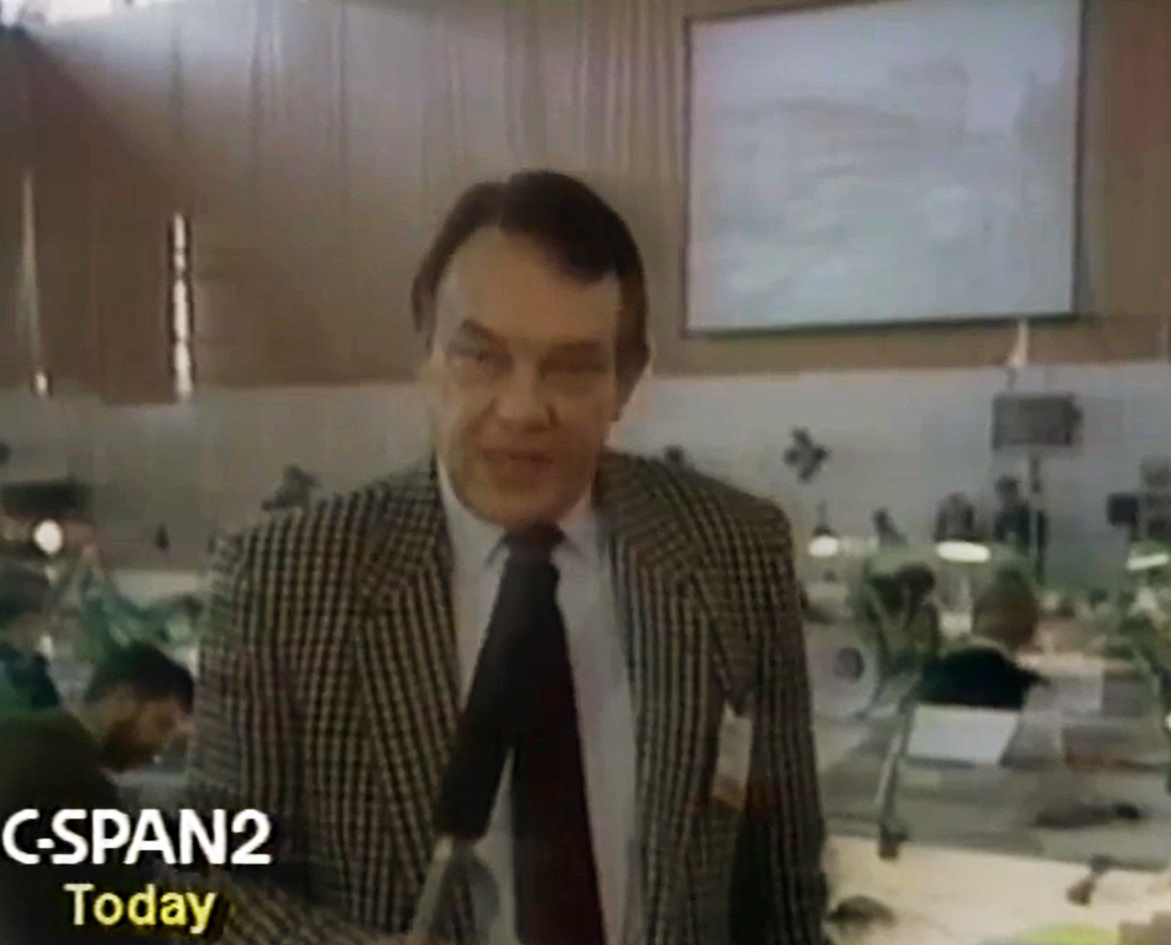
News consumers, whether reading newspapers, watching television or scrolling social media feeds, are responsible for filtering the facts from the spin and the slant. Here are some questions you should ask about anything you see to help you become a careful, critical news consumer:
• Can you spot errors? If things you know about are wrong, it’s reasonable to assume that some of the things you don’t know about also are wrong.
• Is the complexity of the real world simplified into a tale of good guys and bad guys?
• What’s the context? Does the article provide all the background required for full understanding? • If it’s online, does the article provide links to back up assertions and generalizations?
• What are the sources for the report? Are all the relevant interests and views presented, and are they presented in a representative way and not as an act of tokenism? Does the report cite anonymous people, whose motivations and truthfulness can’t be judged, and, if so, how important are they to the story?
• Did the reporter witness what happened firsthand? Does the reporter speak the relevant language(s)? Is the article a work of original reporting, or is the writer simply repackaging the work of others?
• Why was the article published? Is it providing useful information? Is it instead serving a narrative?
• Do you even need to read the article to know what it’s going to say, or do a slanted headline and the biases or motivations of the outlet or the writer tell you all you need to know?
Become a critical consumer of information. Can you identify objective and biased reporting on the Madrid conference of 1991? Give examples of coverage with omissions, narratives, opinions and facts. Explore news outlets from the United States, Israel and the Arab world.
Imagine having the internet and personal devices in 1991 or being a reporter covering the conflict and negotiations at that time. What would your social media feed look like, or how would you present the unfolding events? What photos and supporting sources would you include? Design your Twitter feed, your Facebook page or your instagram account to cover the unfolding events of 1991, and present your rationale for the design and content. If you need inspiration, see how CIE’s Twitter, Facebook and Instagram accounts have approached Madrid.
Hold a press conference on the progress of negotiations. Some of the students should assume the roles of Palestinian, Israeli and U.S. leaders, while others should assume the roles of reporters. Students must determine what information will be released to the public and how to phrase it. After leaders’ speeches, conduct a Q&A session where reporters ask leaders questions about the talks and what to expect for the future.
Debate media coverage of sensitive talks:
- 1. What will be more harmful to the negotiations: (a) providing detailed information to the public, such as expected deadlines for implementation and upcoming topics to be discussed (which may not occur and may lead to public failure), or (b) providing too little information (to shield the process) engendering press and public speculation to run rampant about whether significant progress was made? What information should and should not be released to the public about the negotiations?
- 2. Who should release information to the media? Is it better to have the two sides release information together or to have the mediator do it?
For more on how to be a critical consumer of media about the Middle East, watch this video from CIE’s June Enrichment Workshop on Modern Israel, featuring observations from recent college graduates. For some suggestions on how to build a balanced diet of Middle East information, see the “Views of the Middle East Here and There” section of this transcript of a conversation from the workshop. To gain a broader understanding of modern Israel from multiple sources, see our useful links.
